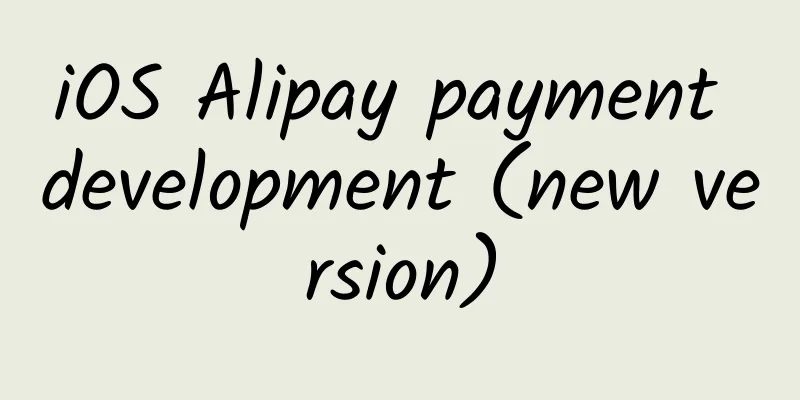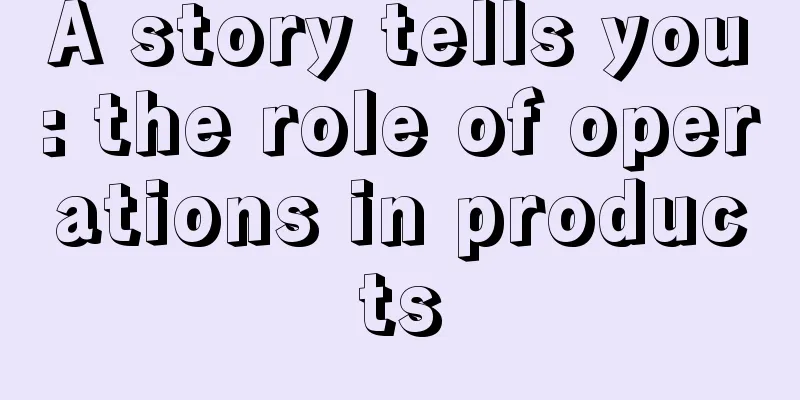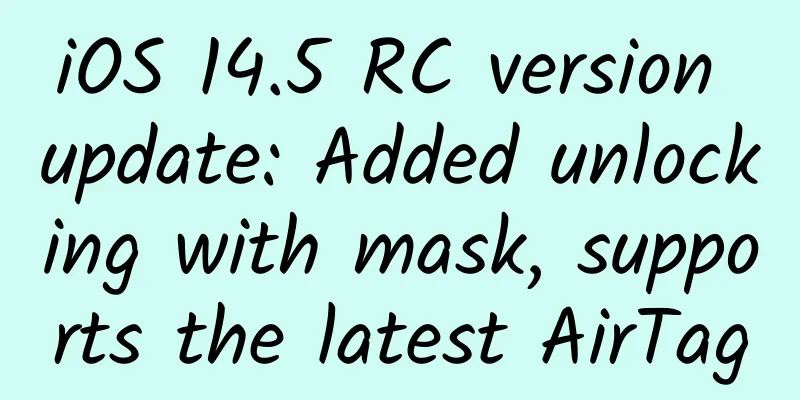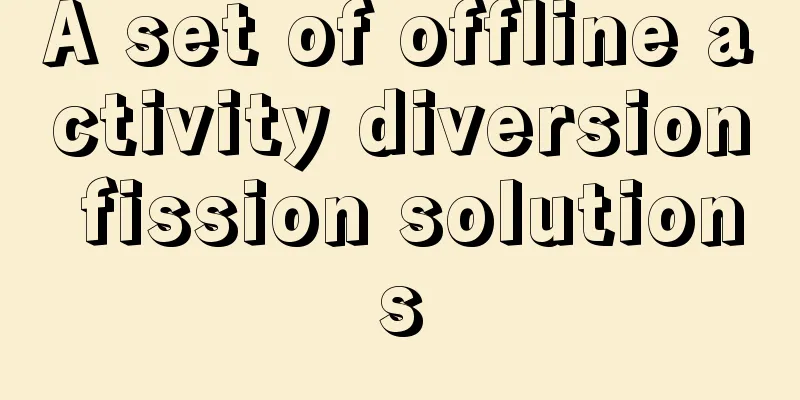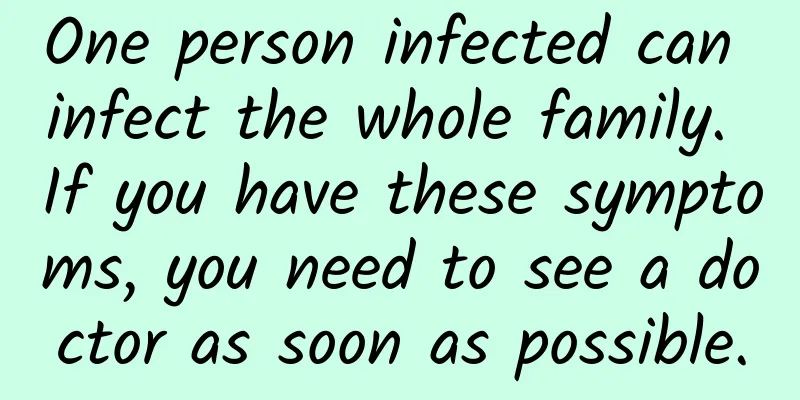How good programmers deal with bad code
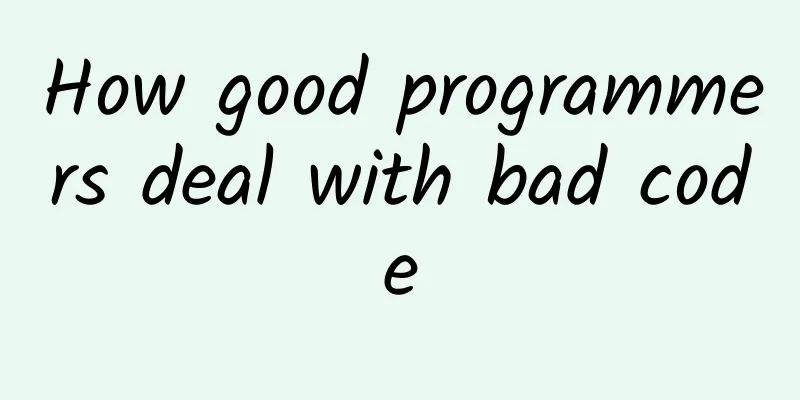
|
Maybe you've never written a bad line of code. It's possible, but unlikely in reality. The reality is that, like every other programmer on the planet, you will produce code that has security holes, UI elements that move around, etc. This doesn't make you a bad developer. It's just that you're human - a creature that is bound to make mistakes. It is this "human nature" flaw that every developer has that drives the best developers to take responsibility for the shortcomings of the code and the underlying infrastructure and act with preparation and planning. Here is what they will do.
Assumptions A few years ago, Netflix open-sourced Chaos Monkey and the rest of the Simian Army, a suite of tools for managing cloud-based software. Essentially, Chaos Monkey ranges across Amazon Web Services infrastructure, terminating instances at will. It's basically a way to prepare for the worst by creating the worst possible scenario. As Netflix's Cory Bennett and Ariel Tseitlin wrote in a blog post at the time of the release, "Code will fail, and the less you expect it to fail or the less prepared you are, the more likely it will fail. If your application cannot tolerate instance failures, would you rather be called in at 3 a.m. or stay in the office all night?" By simulating failures in unpredictable ways, Netflix forces us to focus on the resilience of our infrastructure. Rather than assuming the worst, we can prepare for the worst. That way we can happily move on to the next process. test Above we talked about a great way to improve infrastructure, but what about code? Jeff Atwood, a programmer, has the answer: "You need to tweak your code." He writes:
In practice, this means that "programmers need to have at least some understanding of common errors, however, many programmers often do not do so, or even do the opposite." This means that your responsibility as the "God of Programming" also includes becoming the "God of Testing", actively eliminating errors in the code by "tormenting" it. Andre Medeiros added that we should be "getting better" at debugging because developers need to do more with their code. “To prevent bugs, you need to write code that is simple for any programmer to understand. To fix bugs, you need to understand your code. To understand your code in detail, you need to enumerate and verify your assumptions, and if necessary, build debugging tools.” Skyscrapers above slums Of course, one of the biggest problems with our code is that it inherits from so much other code. Especially in established enterprises, we often build on top of old code, which leads to all kinds of downstream problems. Here is a great description from Zeynep Tufekci:
It was clear that there was nothing we could do to improve the situation unless we worked on removing the technical debt. But maybe, just maybe, in the process of willingly tinkering with your code, you’ll discover how important it is to eliminate technical debt. |
<<: Talking about iOS large-scale project development
>>: After failure in India, Google's Android One is set to fail in Africa
Recommend
How do whitening cosmetics make you whiter? Are there any safety risks when using them?
As the saying goes, "a white complexion hide...
1 in 10 people are affected! Why can kidney disease remain "invisible" for many years?
Chronic kidney disease (CKD) is a global public h...
How to build a corporate mobile website? Which companies are good at mobile website construction?
How much does it cost to build a mobile website n...
6 sets of “Mid-Autumn Festival” marketing planning schemes!
Restaurant Mid-Autumn Festival Planning Scheme (I...
iOS 12 full version jailbreak tool released: up to iPhone X supported
After months of compilation, the pwn20wnd team fi...
6.18 is coming, how to make better use of coupons?
Merchants can freely set the functions and usage ...
Internet celebrity manul "Manul Simiao" died unexpectedly! Manul is neither a rabbit nor a manul, it turns out that it is...
In recent years, the manul has attracted the atte...
ClubIntel: The impact of Generation Y and Generation Z on the fitness industry
New report from ClubIntel analyzes how Generation...
The Evil King Chases His Wife, the Useless Lady, Free Full Text, The Evil King Chases His Wife, Nangong Luoluo, Gives Birth!
She, the golden killer of the 21st century, was w...
Marketing = communication. Whether you like it or not, this era has come.
Let us first consider two examples. The first exa...
Use a practical case to help you familiarize yourself with the construction process of large-scale experience design
As the country promotes the development of the va...
If I am infected with HPV virus, will I definitely get cervical cancer?
As cervical cancer vaccines become more and more ...
LeTV Super TV never relies on marketing to win, do you believe it?
LeTV, which just announced a sales target of 3 bi...
7 SEM promotion creative title routines, have you used them all?
Internet promotion, especially mobile Internet pr...
Shopping guide for 150,000 yuan pure electric family sedan: Aion S Max or Qin PLUS EV Champion Edition?
As the prices of upstream raw materials for power...

